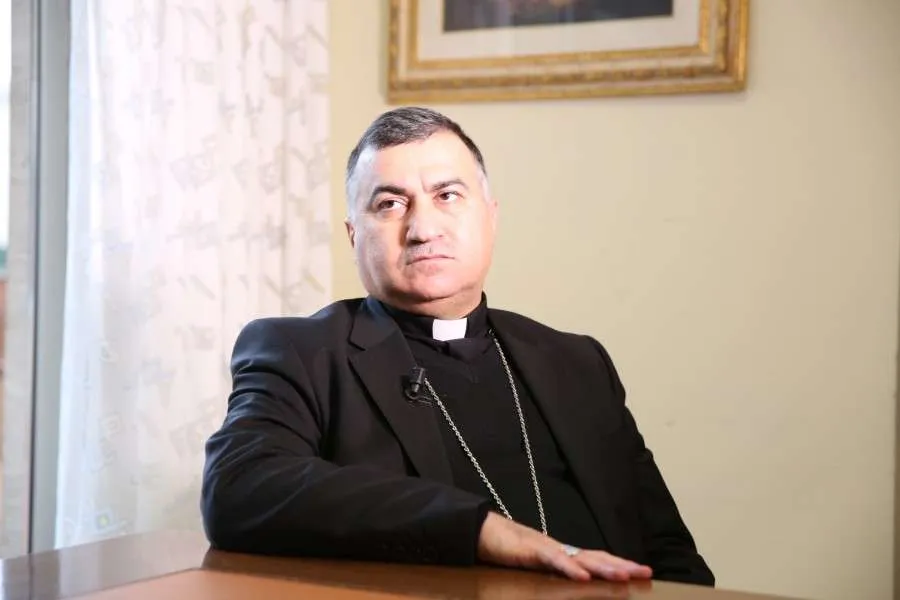The delay in nominating a prime minister reveals a “blocked road,” he said.“You need an early election to bring new faces new blood, to the political process.”
Another critical development, he said, must be the integration of Christians and other ethnic and religious minorities into the national security and police forces.
In the wake of the ISIS genocide, security for displaced Christians returning to their homes in Northern Iraq has been a primary concern. Christians in the area have reported harassment and violence at the hands of local militia groups. There have been allegations of Iranian influence of these militias to gain influence in the area through proxy conflicts.
If the local towns are policed by local residents, it would do much to re-establish order in the region once ravaged by ISIS and sectarian conflict, Archbishop Warda said.
“It’s important to integrate all the people of Iraq into the army, into the police force, train them, especially in areas like the Nineveh Plain where they have so many young people ready and willing to protect and defend their villages,” he said.
(Story continues below)
“That’s a right. That’s a right, and a request. We’ve been requesting this, as Church leaders.”
During the Tuesday meeting, Rep. Fortenberry said that such integration “would help rid the country of the shadowy militia quasi-military movement that is causing such instability.”
Fortenberry successfully worked to include language in a budget bill passed by Congress last year, that the Secretary of State work with the Iraqi government to make sure that security forces “reflect the ethno-sectarian makeup of the areas in which they operate by integrating local populations into such forces.”
USAID has also been working to ensure U.S. humanitarian assistance reaches ISIS genocide victims in Iraq, telling CNA last summer that around $367 million had been provided by the agency and the State Department under Vice President Mike Pence’s initiative.
In September, USAID awarded $6.8 million to Catholic Relief Services, which partnered with the Archdiocese of Erbil to provide housing assistance for displaced families.
“In some ways, it’s turning an aircraft carrier around in a canal,” USAID administrator Mark Green told CNA last summer of the process of helping the genocide victims rebuild.
This week, Archbishop Warda said that the USAID money was starting to make a difference in the region.
This story has been updated with additional comments from Archbishop Warda.








